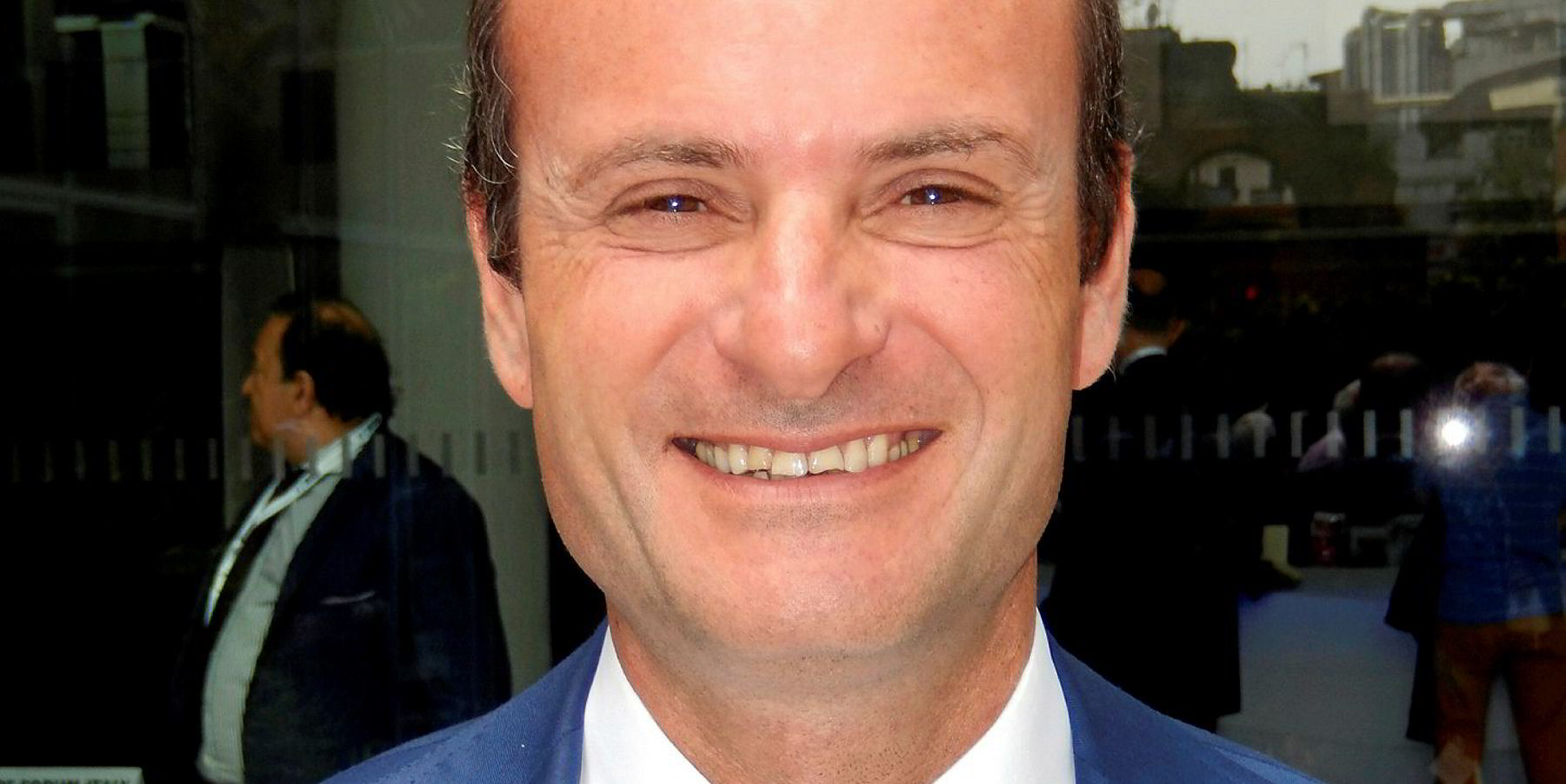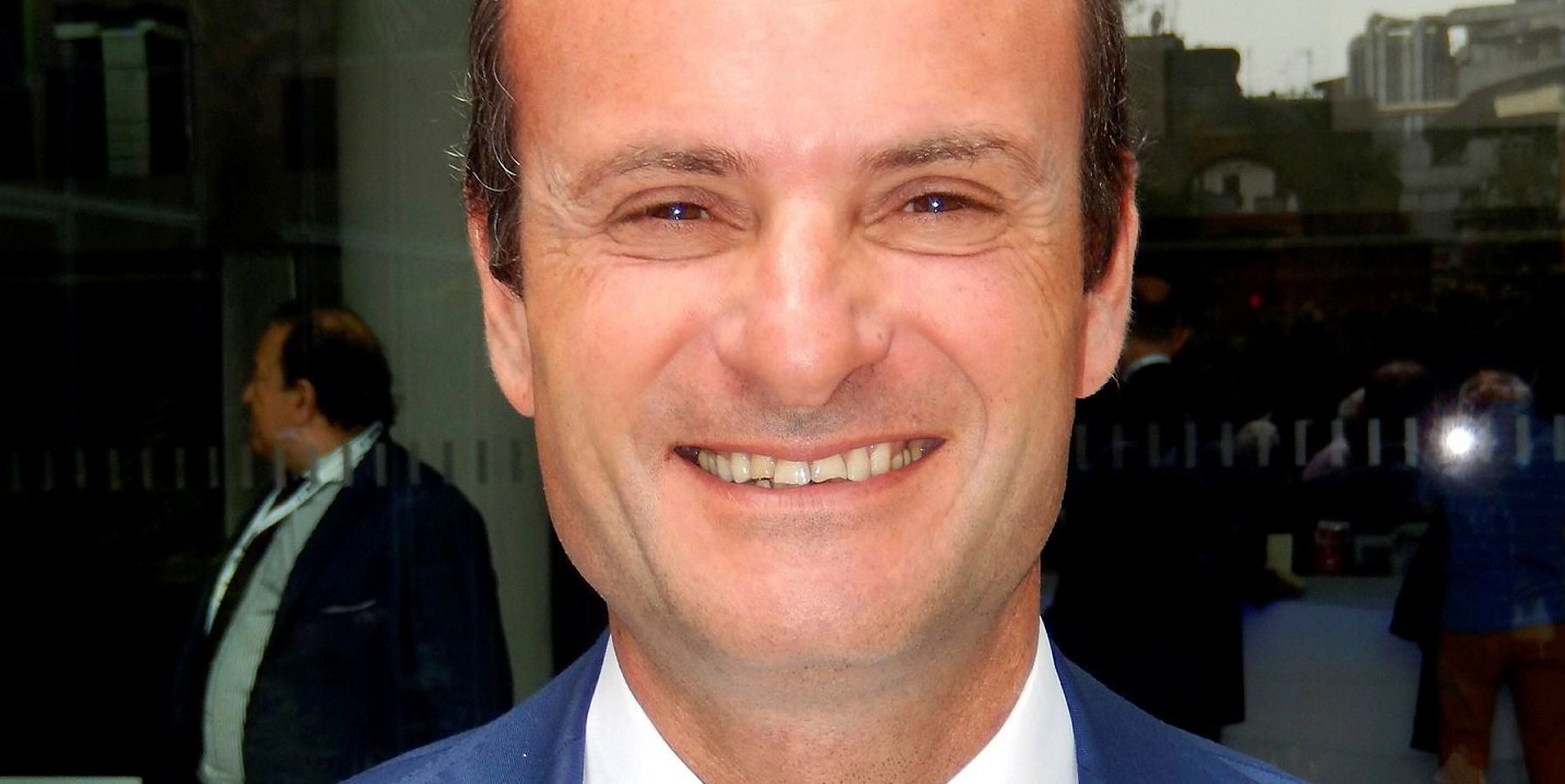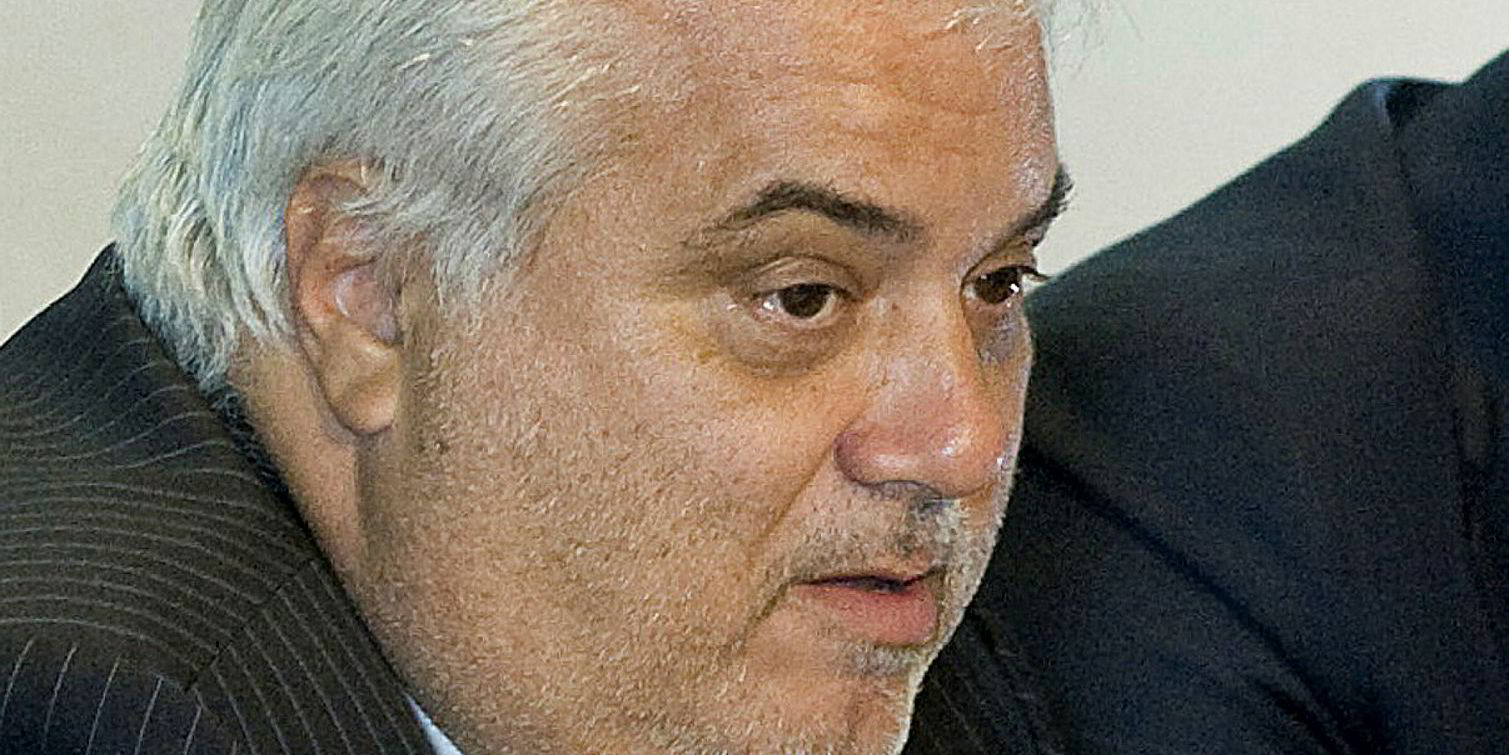Pillarstone's acquisition of $350m of distressed Italian shipping debt and the cancellation of the fleet auction of bankrupt RBD Armatori are provoking a backlash in shipowning circles.
Italian shipowning and financial sources believe banks have caved in by selling Italian shipping debt to private equity players on the basis of unrealistic expectations.
A court auction of RBD’s fleet of 13 tankers and bulkers, as well as real estate interests, was scheduled for 22 February, but it was cancelled after private equity interests linked to the Reuben Brothers were said to have stepped in with an estimated $300m offer for ships and real estate.
The fate of RBD’s three aframaxes, three LR2s, three capesizes and four post-panamaxes is back in the hands of a creditors committee in what some Italian sources said could pave a way back for former RBD managing director Giuseppe Rizzo.
Meanwhile, Pillarstone, the KKR-backed financial turnaround specialist, has acquired distressed debt with a nominal value of $350m from Intesa Sanpaolo and UniCredit.
Pillarstone has pledged to make further acquisition of non-performing loans to help strengthen Premuda, its recently acquired Italian shipmanagement platform.
The events have stirred criticism from shipowner representatives who have scheduled a series of talks with banks and private equity funds to discuss their concerns.
Leading Italian financier Fabrizio Vettosi is critical of the banks' decision to do a deal with Pillarstone, which he says involves little or no cash payment.
“It was a typical 'Pillarstone trade', or rather a 'paper for paper' transaction,” the managing director of financial advisory Venice Shipping and Logistics said.
One shipowner said Pillarstone has told banks that the debt will be bundled into a platform to be taken public, for which the earnings forecasts are highly overvalued.

“It’s a typical way of turning to gold something that was s**t,” he said. “That is how they have sold the package and the banks are happy to go through with it.”
The shipowner said banks have been evaluating the loans at “surreal” levels by using accounting methods based on cash-flow rather than market value.
Those claims were rejected by Pillarstone. A spokesman said the company has invested around €50m ($57m) to relaunch Premuda. He added that it has also taken on former d’Amico Shipping executive Marco Fiori to run the business.
Shipowners, banks and private equity funds — including Bain Capital and Dea Capital — met this week in what Vettosi said was a “constructive meeting”.
A further meeting with the Association of Italian Banks (ABI) is planned in the coming days, where shipowners are unlikely to hold back their concerns.
“I cannot complain if Pillarstone are smart enough to put paper get loans to ramp up control,” one Italian shipowner said.
But he complained that banks baulked when shipowners “offered to them direct solutions which were better in terms of real returns”.
“Banks are not looking for real returns, they are looking to get rid of the loans and clean up the balance sheet. It’s not creation of value,” the shipowner said.
Vettosi sees the destruction of value in the ongoing proceedings with the RBD fleet.
He believes banks should have accepted a reorganisation plan proposed two years ago, when they would have recovered around $400m.
Instead, they sold their positions to Pillarstone and now “cry” that they are unlikely to recover much more than $200m, he said.
Pillarstone’s latest acquisition of non-performing loans has secured debt tied to around 15 tankers and dry bulk vessels. They are said to involve several shipping companies, including Perseveranza di Navigazione, Elbana di Navigazione, Morfini, Finaval and Motia Compagnia di Navigazione.
Other private equity players acquiring debt from the Italian market include Dea Capital, although, unlike Pillarstone, it does not have its own management platform.
Resistance
Transferring management of ships is likely to meet some resistance, and owners are expecting compensation.
“I don’t want shares in the vehicle, I want real money,” one owner said.
He argued that banks took the decision to throw in the towel when companies were earning money in the middle of 2018.
“It’s a pity," he said. "In a moment when we could seriously sit with banks and see what we could agree in terms of repayment, they have decided to give up.
“Because for some of them, [it] was a way that they could continue to hide the real losses on the balance sheets for which they haven’t correctly made provisions."
In a statement, Confitarma said the meeting was held in “an active spirit of collaboration” ahead of the next gathering on 8 March. But the shipowners' body also “underlined the need for greater monitoring, selection and control by the banks during the credit transfer phase”.
“And, above all, that this process takes place with the prior knowledge for company subject to the transfer of the credit,” it said.
A spokesperson for ABI said the organisation does not comment on specific deals.






